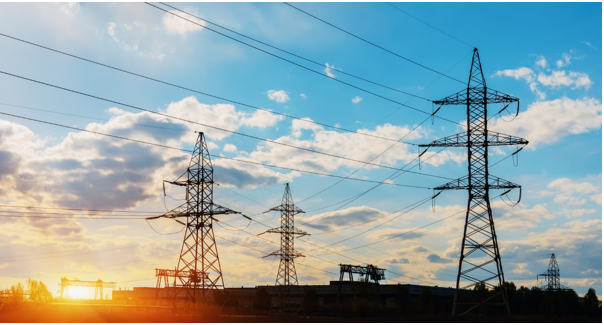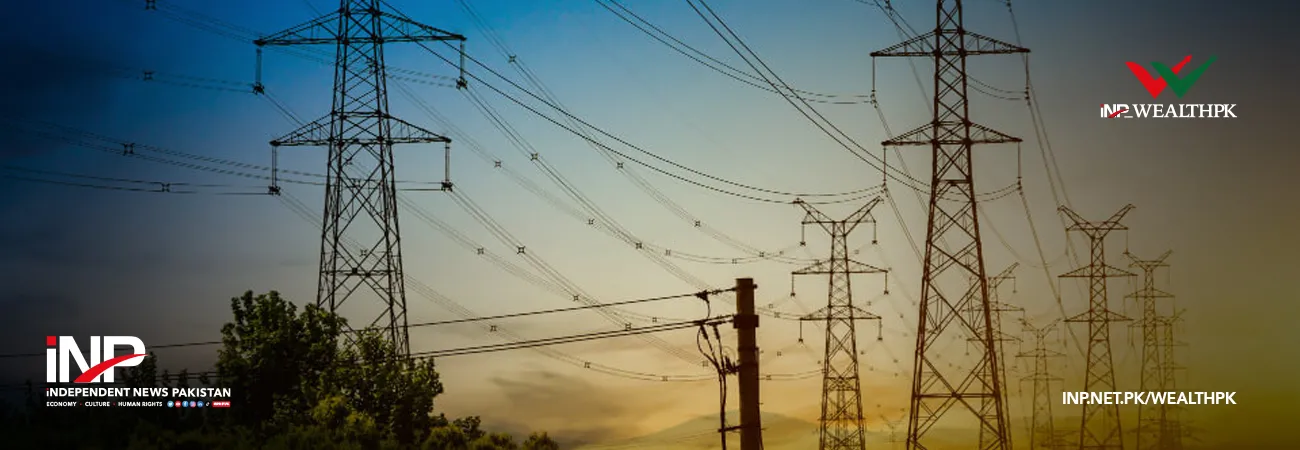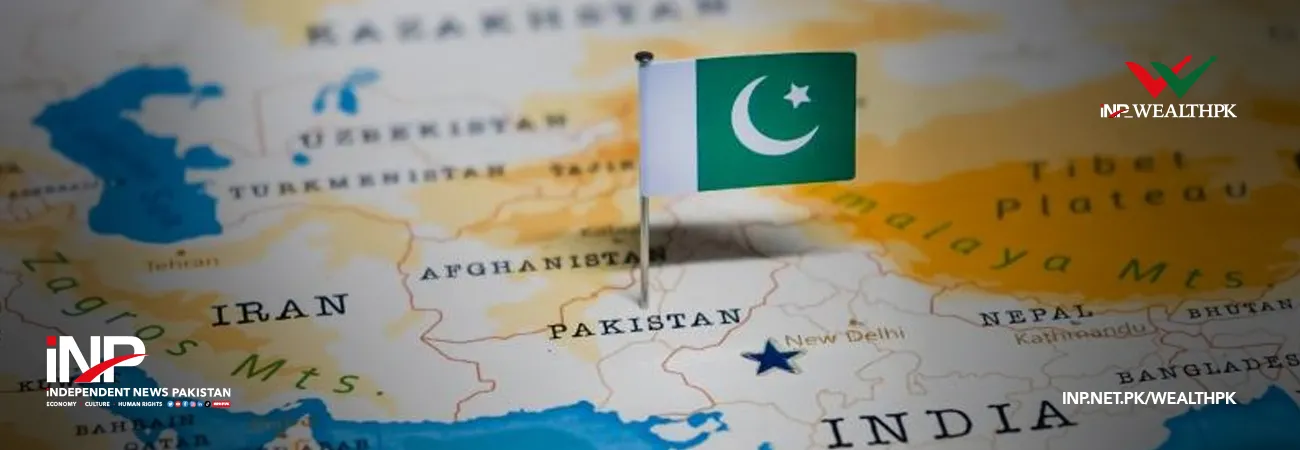آئی این پی ویلتھ پی کے
Amir Saeed
Pakistan’s energy sector faces critical inefficiencies due to idle power plants, circular debt, and distorted subsidies, impeding the sector’s ability to invest in infrastructure and improve service delivery.

Talking to WealthPK, Ahad Nazir, a specialist in energy policy and project management at the Sustainable Development Policy Institute (SDPI), highlighted several critical inefficiencies within Pakistan’s energy sector. He pointed out that a significant portion of energy was consumed for non-productive purposes, undermining the country’s economic growth and sustainability.
Nazir also drew attention to Pakistan’s heavy reliance on global fossil fuels, making the nation vulnerable to international price fluctuations and supply uncertainties. “Structural issues, such as the persistent problem of circular debt and the underutilisation of retiring power plants, have further exacerbated inefficiencies.”
Pakistan’s circular debt in the power sector stood at Rs2.396 trillion by the end of March 2025, marking a slight increase of Rs2 billion since July 2024, but showing a significant reduction of about Rs398 billion compared to March 2024. This indicates some improvement in managing the sector’s financial health despite ongoing challenges.
Nazir pointed out that the circular debt, in particular, created a financial bottleneck impeding the sector’s ability to invest in infrastructure and improve service delivery. “The inadequate utilisation of existing power plants means that valuable resources remain idle, contributing to higher costs and inefficiencies across the energy supply chain.”
Payables to power producers have increased by Rs33 billion to Rs1.633 trillion from Rs1.60 trillion at the start of the fiscal year 2024-25, while payables from public sector generation companies (Gencos) to fuel suppliers decreased to Rs79 billion from Rs110 billion. The circular debt held by Power Holding Limited (PHL), a government entity, remained steady at Rs683 billion.
Talking to WealthPK, Dr Khalid Waleed, an energy expert at SDPI, emphasised the necessity of incentivising productive electricity demand. He highlighted that the current subsidy system, especially the cross-subsidisation mechanism, distorted market signals and discouraged efficient energy use. “With 54% of the population benefiting from protected electricity tariffs, there is little motivation for consumers to moderate consumption or shift towards more productive uses.”
Waleed advocated for rationalising subsidies to ensure that support is targeted and does not hinder sectoral reforms. He also emphasised the importance of fostering a competitive energy market and overhauling power purchase agreements. “Such reforms would not only improve efficiency but also attract private investment, drive innovation, and ultimately lead to a more resilient and sustainable energy sector for Pakistan.”
Credit: INP-WealthPk











